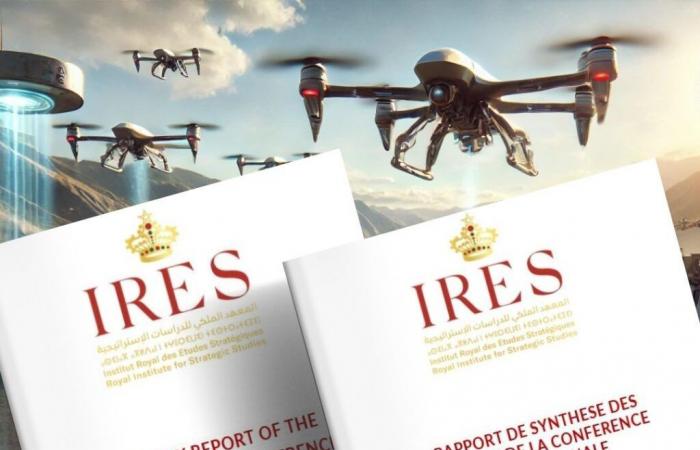Since the dawn of the 21st century, the boundary between technology and war has become more and more vague. The weapons of tomorrow are now designed to be smarter, more autonomous and, in some cases, completely independent of human intervention.
Among military innovations are increasingly sophisticated systems, such as stealth planes, drones and ships, hypersonic missiles, directed energy weapons and even military robots.
The rapid evolution of military technologies, particularly in the areas of robotization and automation of lethal weapons, is leading to a new arms race on a global scale. It has a major impact on the military strategy of States – more and more nations seeking to acquire and master these military technologies to strengthen their sovereignty and their strategic positioning – and redefines the way of waging conflicts and wars.
From this perspective, new military innovations raise major concerns about the ethical principles and legal imperatives that govern the use of force, in particular with regard to the risks of use of advanced technologies by non-state actors, which are not necessarily subject to respect for international humanitarian law.
-The questions that arise today are complex: how to guarantee that new military technologies respect the fundamental principles of international humanitarian law, in particular, the distinction between civilians and combatants, the proportionality of the use of force, etc.? And how can we ensure that the protection of human rights, on a global scale, is not relegated to second place in the face of the technological race in defense policies?
Taking into account the above and as part of its mission to analyze and decode complex issues, the Royal Institute of Strategic Studies (IRES) organized, on November 20, 2024, an international conference entitled “Advanced military technologies in the test of human rights.
Having brought together eminent Moroccan personalities, senior representatives of the public sector as well as leading international personalities and leaders of international think tanks, this meeting constituted an ideal opportunity to reflect on the fundamental issues linked to the convergence of new technologies in the security domain and that of human rights and to propose some avenues for advanced military development, respectful of international legal standards.






